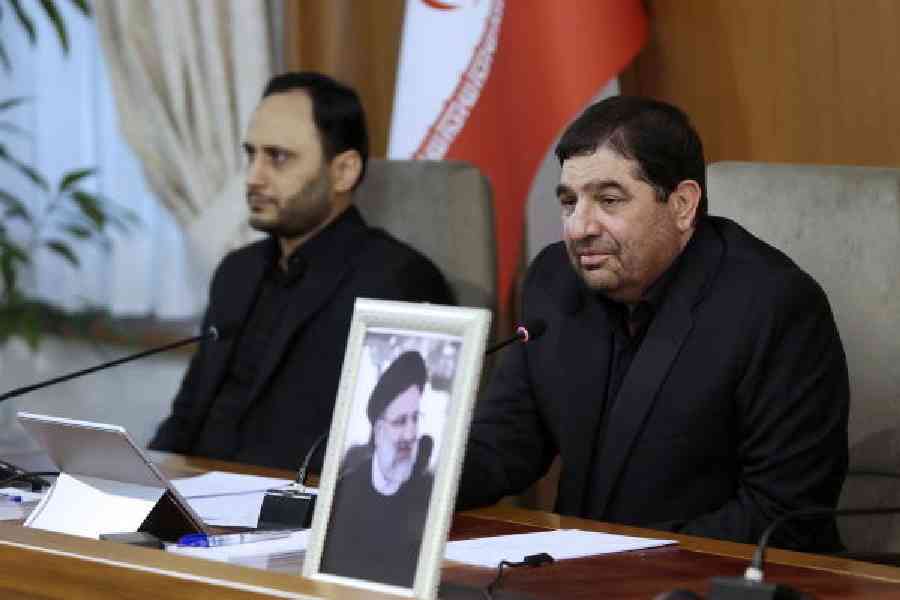With the death of President Ebrahim Raisi, Iran’s first Vice-President, Mohammad Mokhber, becomes acting President. Mokhber is a conservative political operative with a long history of involvement in large business conglomerates closely tied to Iran’s supreme leader, Ayatollah Ali Khamenei.
In a statement on Monday, Khamenei said that Mokhber must work with the heads of the legislature and judiciary to hold elections for a new president within 50 days. Vice-Presidents in Iran are typically low profile, operating more as players within the government than as public figures.
“Iran’s Vice-Presidents have traditionally not been contenders to succeed their bosses,” said Robin Wright, a joint fellow at the US Institute of Peace and the Wilson Center in Washington. “The bigger question,” she added, “is who will the regime allow to run for the office.”
Mokhber is around 68 years old and became first Vice-President in August 2021. He is originally from Khuzestan province in Iran’s southwest, bordering Iraq and the Persian Gulf. He was a deputy governor there, and during the Iran-Iraq war in the 1980s served as a member of Iran’s Revolutionary Guard medical corps.
One of Mokhber’s relatively few high-profile appearances came when he and three other senior Iranian officials went to Moscow in October 2022 to complete a sale of Iranian drones and ballistic missiles to Russia, for use in the war in Ukraine.
Raisi chose him as Vice-President after Mokhber held senior positions in some of Iran’s most powerful organisations, including the Mostazafan Foundation, Sina Bank and Setad, a conglomerate entirely controlled by Khamenei that has billions of dollars in assets and was involved — not entirely successfully — in efforts to make and distribute a Covid-19 vaccine.
All three organisations are part of an opaque network of financial entities that are tied to the Iranian state, although they are not directly state-owned. They are also connected to projects that are priorities for the supreme leader and his inner circle.
Mokhber’s involvement suggests that he has been a successful behind-the-scenes player who is familiar with the financing networks that are important to the official Iranian power structure.
The Mostazafan Foundation, where Mokhber worked in the early 2000s, is officially a charity but is described by the US treasury as “a key patronage network for the supreme leader”.
New York Times News Service










